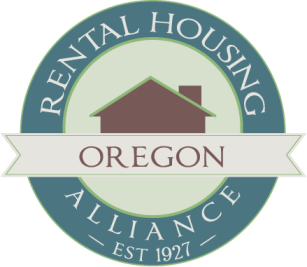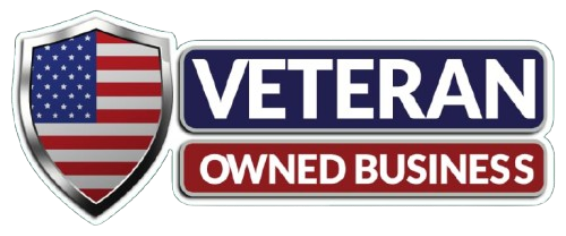What does “Additional Insured” mean?
The Additional Insured verbiage on a homeowner’s policy simply means that the coverage is extended not only to the owner of the property but also to the listed agent or Management Company.
Some insurance agents and property managers will confuse “Additional Insured” with “Additional Interest”. They sound similar but are vastly different. See below.
Another common misconception is that the Additional Insured verbiage will provide the property management firm with a financial interest in the property. Unlike a mortgage holder, the property management company does not have, or want, a financial interest in the property but nevertheless has a very insurable interest from a premises liability standpoint such as personal injury on the premises.
Why should I list my Property Manager as Additional Insured on my Insurance Policy?
The management company does not hold title to your rental property and may not be able to get general liability insurance on a property that they don’t own. When your management company is listed as “Additional Insured” if a lawsuit is filed by the tenant, the insurance company will defend both you and your management company.
What is the benefit to me to list my management company as Additional Insured?
From the owner’s standpoint, listing the Property Manager as an Additional Insured helps make the claims or litigation process easier. When the policy extends to both parties, they are able to present a unified defense, with one insurance company representing both. It not only streamlines the process but reduces costs all around.
Without an Additional Insured endorsement, the Property Manager would have to cover any expenses up front and then seek reimbursement from the property owner directly under their indemnification clause – a much more time-consuming and costly process that could even lead to the PM's insurance company suing the owner.
What is the difference between “Additional Insured” and “Additional Interest”
Some insurance companies will offer to add the Property Manager as an addition interest, which is not the same as an additional insured. Additional interest essentially means they will notify the Property Manager of policy renewals, cancellations, or changes in coverage. ‘Additional Insured’ is someone who receives coverage similar to the named insured and can receive liability coverage.
Doesn’t my management company have their own insurance?
The Property Manager typically does carry E&O Insurance and General Liability insurance, but this generally only offers protection from claims that are a result from negligence by the Property Manager.
It typically does not offer any protection against lawsuits concerning theft or burglary, or injuries that occur on the property.
My Insurance Company won’t list my management company as Additional Insured on my dwelling policy only “Additional Interest”, what do I do?
There are very few insurance companies that will not list the property management company as additional insured. This is just an insurance company policy. Your management company certainly does have an insurable interest.
Will my insurance company charge me to list my management company as “Additional Insured”?
Some insurance companies do charge a small amount to add a Property Manager as an additional insured. At the same time, many insurance companies give a discount if your property is professionally managed. Check with your agent.
In Summary
Because the property managers’s E&O insurance and general liability do not protect against claims concerning the property itself, Managers are left vulnerable to claims and lawsuits arising directly from the home so management agreements require owners to list the management company as additional insured on the owners dwelling policy.
Property Management firms carry General Liability Insurance as well as Professional Liability insurance which will offer protection from a financial loss caused by a mistake or wrongful act by the Management Firm. However, these policies don’t provide protection against matters concerning the home itself. This leaves the property manager vulnerable to claims regarding someone injuring themselves at the property, burglary, fire, water leaks, etc. When coverage is effectively extended to the Property Manager through the Additional Insured endorsement, the problem is solved.
Without the Additional Insured endorsement, the management company could be left to fend for itself and then seek reimbursement from the owner directly for any losses under the indemnification clause. Needless to say, this alternative would be exponentially more expensive and time consuming for all.





